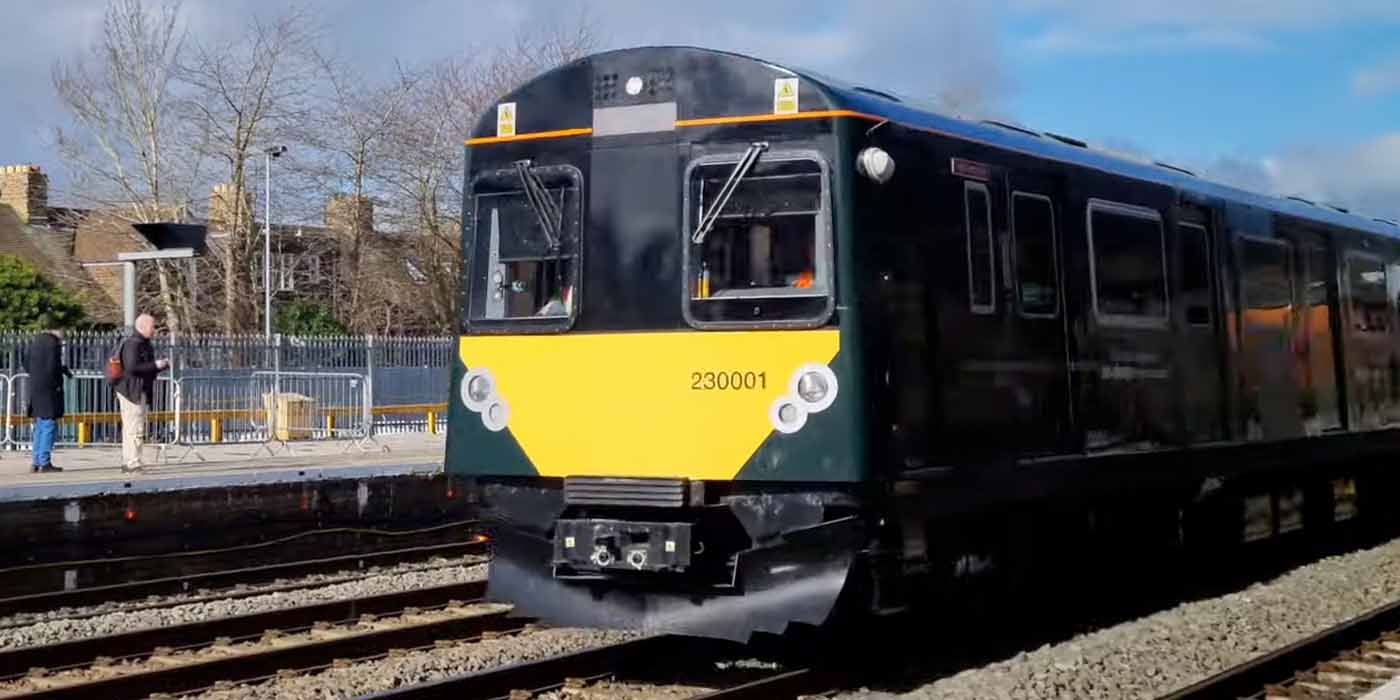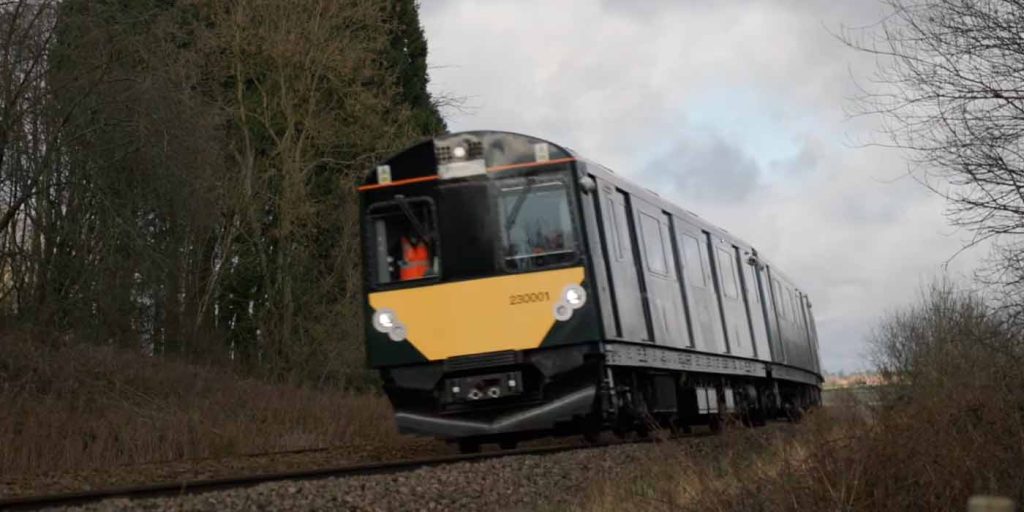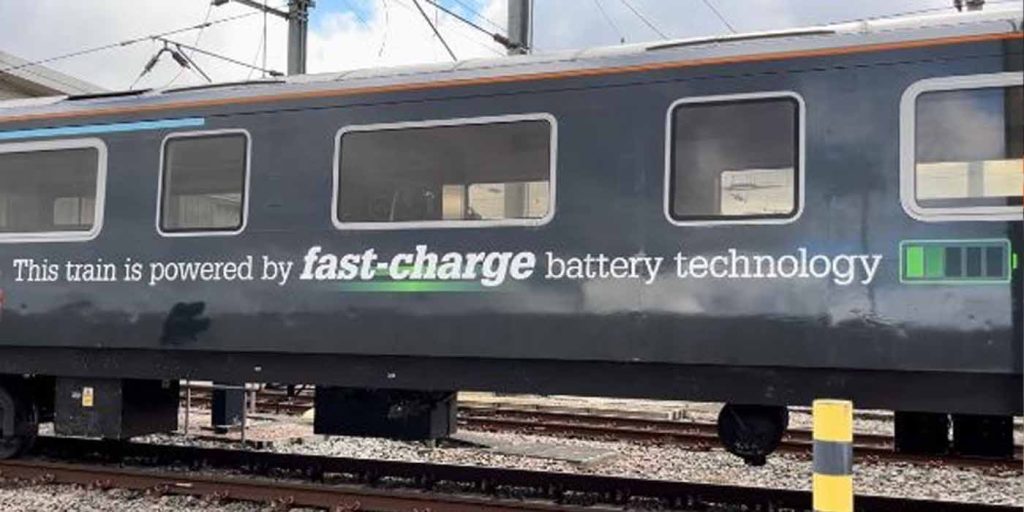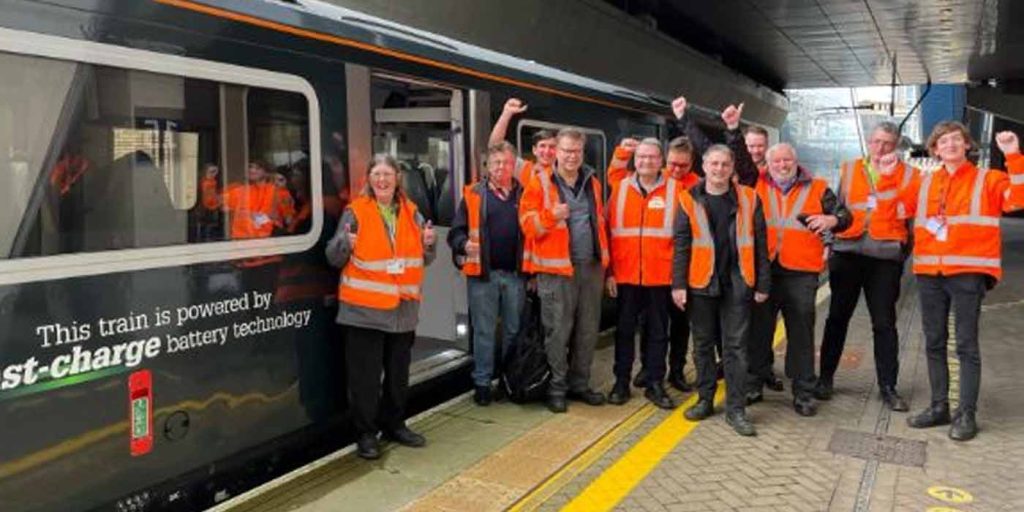
Entering its trial third year to study the feasibility of battery-electric rail, UK’s Great Western Railway (GWR) has hit an encouraging milestone, traveling further in the region than any battery-electric train before it. Its latest treks surpassed expectations and offered further confidence toward a more sustainable future in train travel.
Great Western Railway is a British mainstay in train travel. It was founded in 1833 and is credited with linking London to other regions of England and Wales. Providing aid through two World Wars, GWR has experienced direct government control, been nationalized, and expanded before going private again to provide UK residents and visitors with passenger train travel.
GWR began exploring more sustainable options to stay innovative and help the UK Government and railway industry’s target of reaching net-zero emissions by 2050. In February 2022, the UK railways signed a deal with Vivarail to trail a new FastCharge technology that could one day enable battery-powered electric trains across its network.
GWR purchased the intellectual property pertaining to FastCharge, implementing charging rails and line-side battery banks ahead of electric train trials. This month, Great Western Railway achieved its longest battery-electric journey on a single charge, claiming a UK record.
GWR’s FastCharge electric train trial finds success
Earlier this month, GWR’s first electric train traveled 138km (86 miles) without recharging, besting the previous UK record held by a Stadler Class 777 under test conditions in 2022, which spanned 135km (84 miles). GWR Engineering Director Dr. Simon Green spoke about the milestone:
We were delighted by how the battery train performed today and during its series of test runs. In fact, it’s fair to say it has surpassed the expectations of our team of engineers. Achieving these distances gives us great confidence as we press forward with this industry-leading FastCharge technology.
It’s also worth noting that in reaching the 86 miles on Wednesday, the train was operating in a real-world environment at speeds of up to 60mph, stopping and starting over a hilly route, with elevation changes of up to 200m.
Not to be outdone, GWR followed up with a second journey in the battery-electric Class 230 train, completing a 70-mile trek from Long Marston to the Reading Train Care Depot while using only 45% of its total capacity. Based on those numbers during the trial, GWR engineers on the train said it could have traveled over 120 miles before recharging.
Looking ahead, the electric train will undergo compatibility testing in the UK and research into its preparedness and servicing requirements required for fully integrated rail travel on GWR’s network.
This spring, the railways says it will trial the battery-electric train in a real-world environment, using its acquired FastCharge technology to replenish for a mere 3.5 minutes before continuing its route on the Greenford line. Meanwhile, GWR says it continues to carry out simulations ahead of larger-scale rollouts, reducing its CO2 emissions by over 1,700 tons annually.
Following its successful trials to date, GWR relayed confidence its electric train technology can one day be expanded to operations across the UK’s 80+ lines of railways spanning roughly 2,000 miles. Here’s a video of the Class 230 electric train in action:
FTC: We use income earning auto affiliate links. More.




